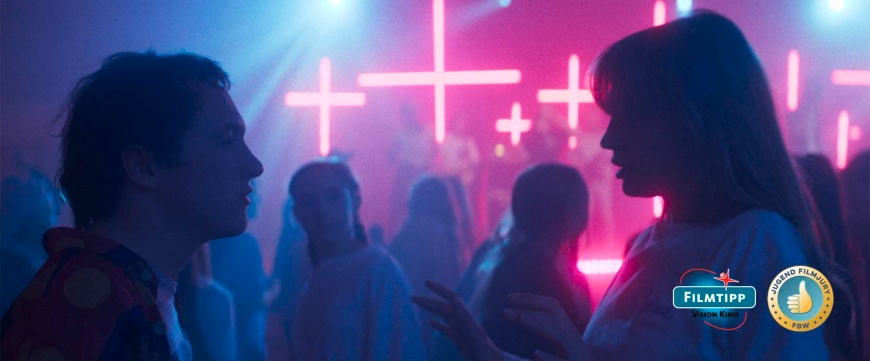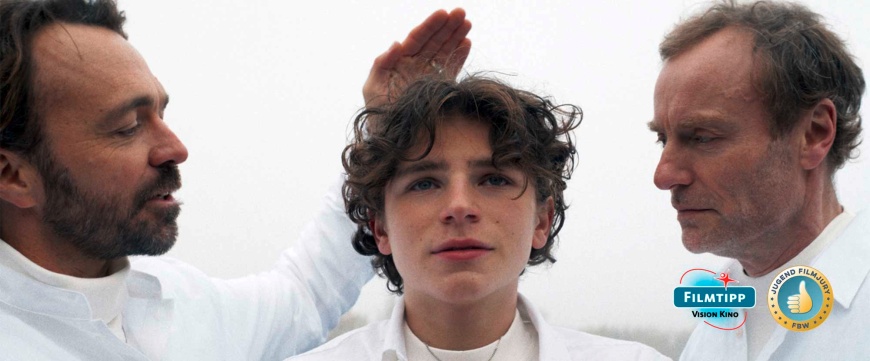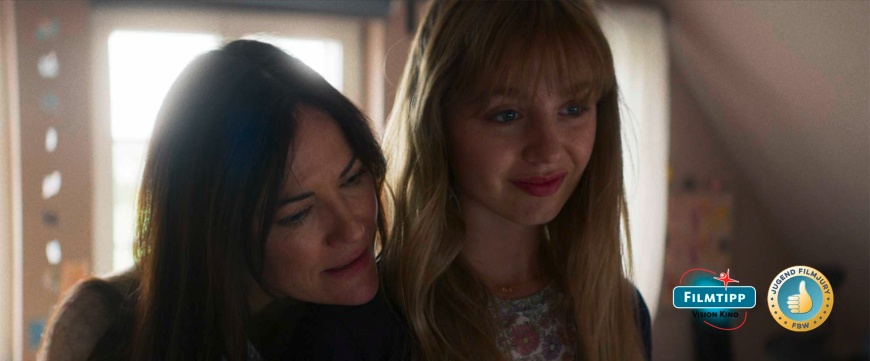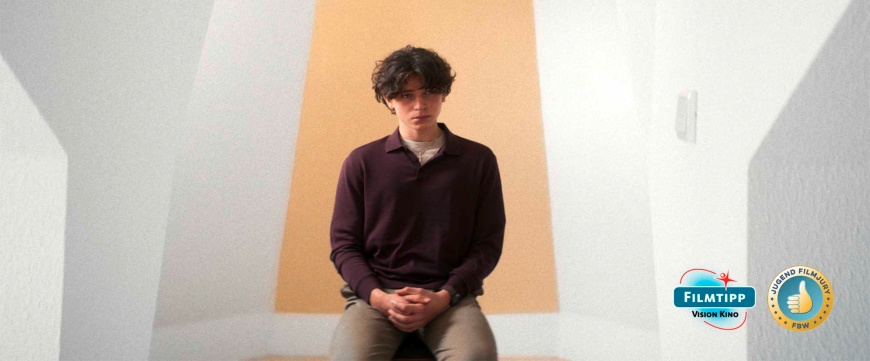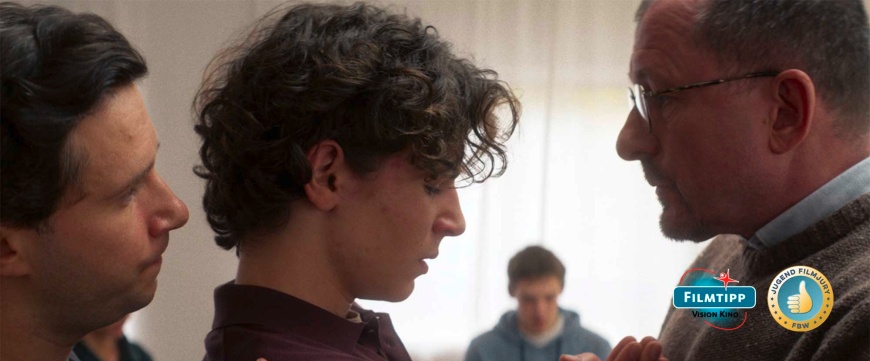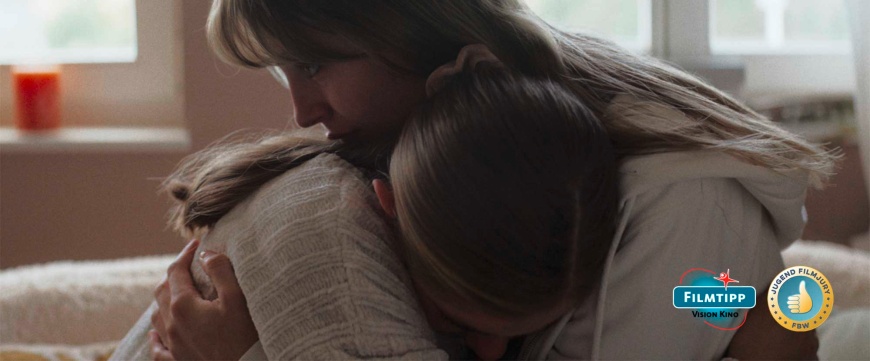Director's statement
Frauke Lodders
»When I had the idea for ‘Gotteskinder’, I thought it wouldn't work in Germany. At the time, I didn't realise that there were significant numbers of evangelical Christians in Germany and that they weren't primarily an American phenomenon. As I immersed myself more and more in the world of evangelical free churches during my research, I was both fascinated and shocked at the same time: behind the often very modern and thoroughly inviting exterior, there is a strictly conservative world in which strict patriarchal rules apply and, for example, homosexual people are not only marginalised, but in some cases even denied that homosexuality exists at all.
Nevertheless, these churches are extremely successful - and while the Catholic and Protestant churches are losing members, the number of members of free churches is increasing rapidly, especially among young people.
In order to tell a film that is deeply rooted in reality, I spent a year doing intensive research, attended events of various free churches myself, had contact under a pretext with so-called therapists who carry out conversion therapies and thus gained a deep insight into the lives of members of evangelical free churches.
It is important to mention that not all free churches are like the one shown in the film. The range of free churches varies from cosmopolitan and liberal to extremely fundamentalist and cover all facets in between. With ‘Children of God’, it was important to me to make a film that tells the story from the perspective of people who live in an evangelical church and are fully committed to their faith - in other words, not to show an outside view of a parallel world, but an inside view.
I didn't just want to show the negative aspects from my perspective, but also to show what people find attractive about these churches despite everything. I wanted to show how people are accepted in the free churches and experience cohesion in the community, which becomes so important to them that some of them are even prepared to fight against or suppress a part of themselves. Because only if we can understand what leads people to these communities and keeps them there can we help them when they are looking for a way out.
Young people who have grown up in this context find it particularly difficult to leave their communities if they can no longer identify with their values. During my year-long research, I spoke to dropouts who had travelled this difficult path. In some cases, they had to leave family and friends behind to live a free life and often had to struggle with the trauma inflicted on them for years afterwards.«



